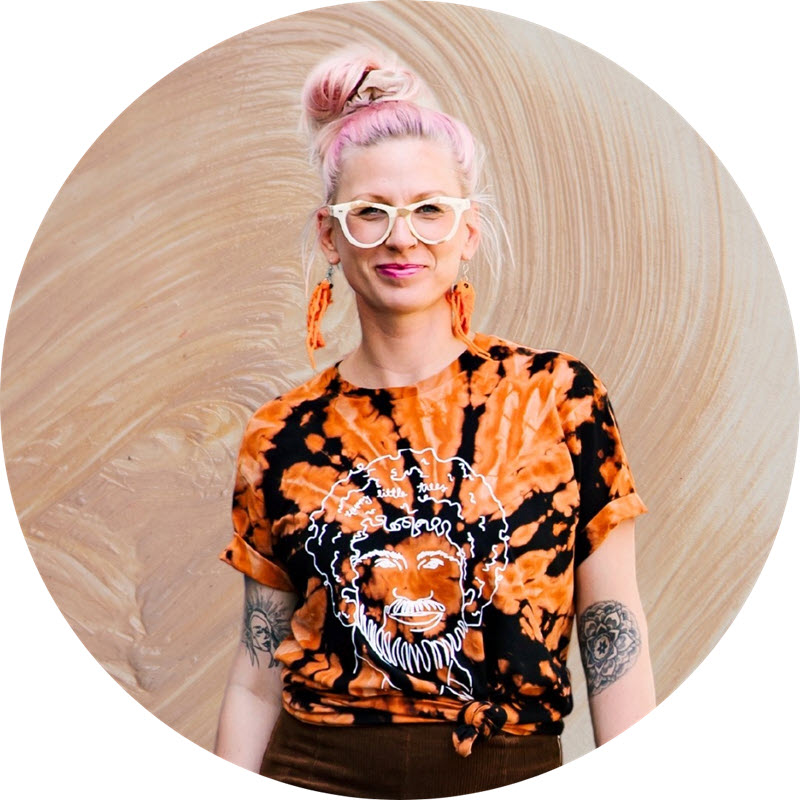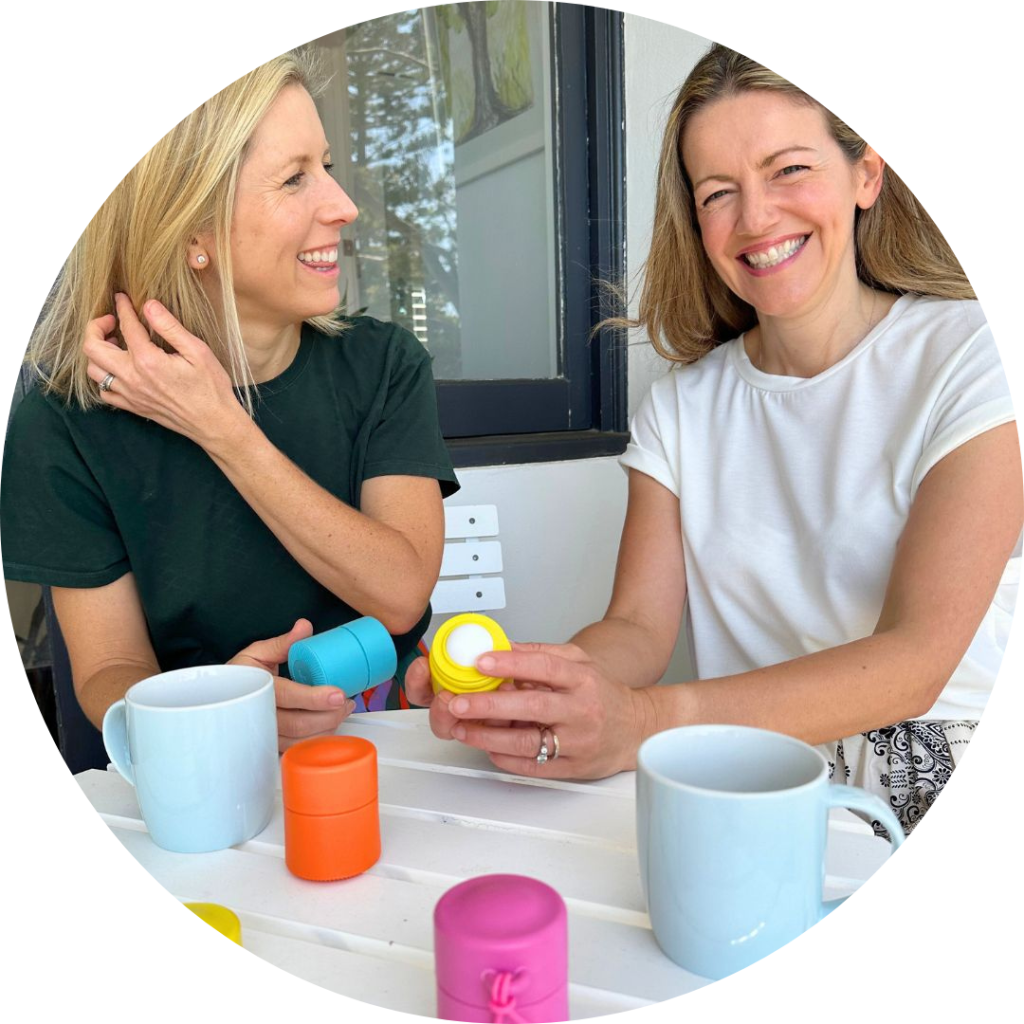ENTERPRISING JOURNEYS
From Little Things Big Things Grow
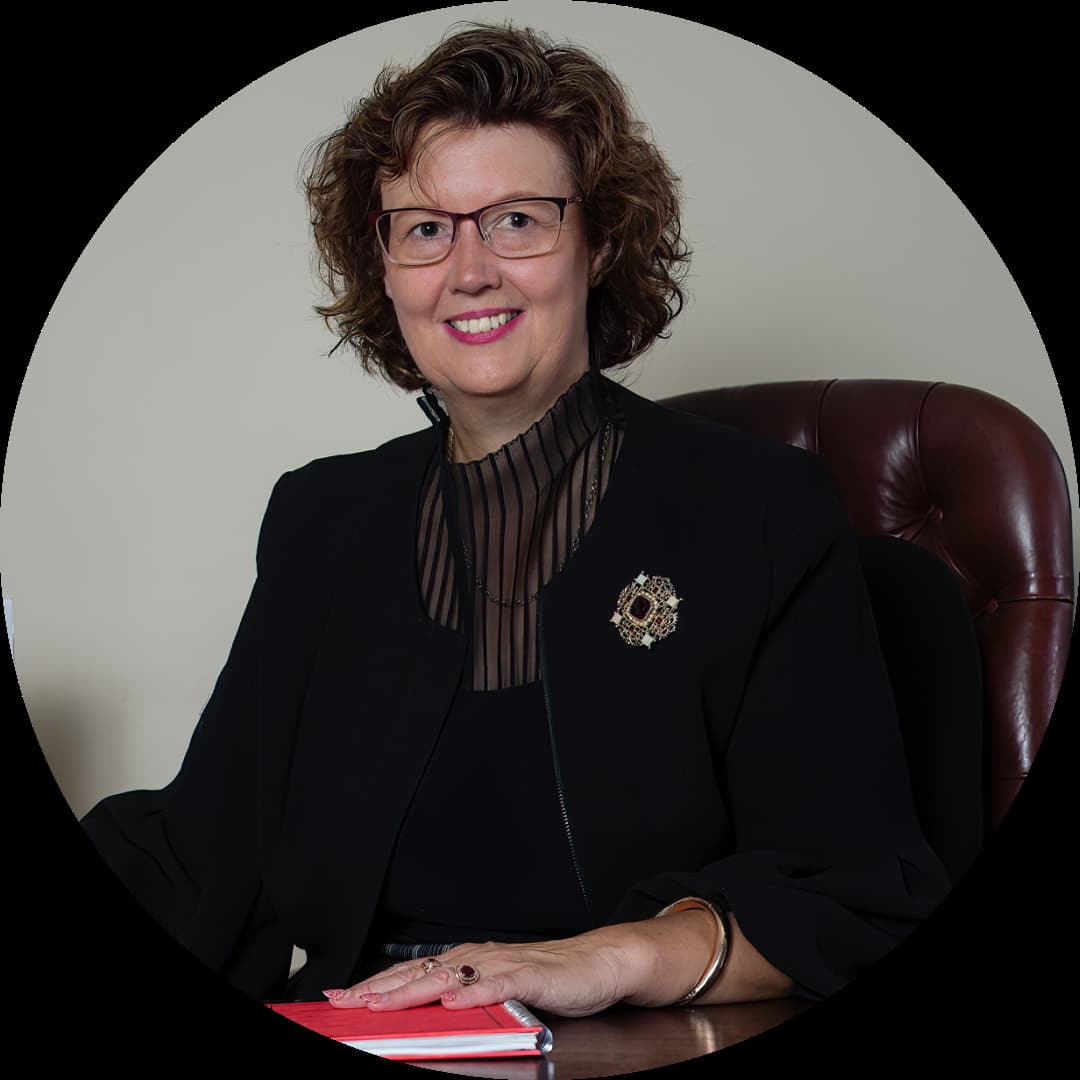
Elizabeth Skirving
Rural Business Tasmania

From Farming Beginnings
If there’s anyone who understands the challenges of running a small business – and a rural small business in particular – it’s Elizabeth Skirving. After all she is part of a fifth generation farming family running a Launceston property her great, great grandfather purchased in 1865 that is still going strong, now run by her brother.
Skirving was brought into the business at a young age alongside her two brothers, working on the bookwork with her grandfather and helping her great uncle who was the accountant. It provided a solid foundation for a career that has been defined by mucking in and giving things a go, no matter what your experience.
Today Skirving wears multiple hats: CEO of Rural Business Tasmania (RBT), a not for profit organisation that provides business and financial management support to rural businesses in need alongside leadership and training programs; and extensive board directorships including deputy chair of the Council of Small Business Organisations of Australia (COSBOA) and a director of Tasmanian Agricultural Productivity Group, Tasmanian Small Business Council and Tasmanian Institute of Agriculture.
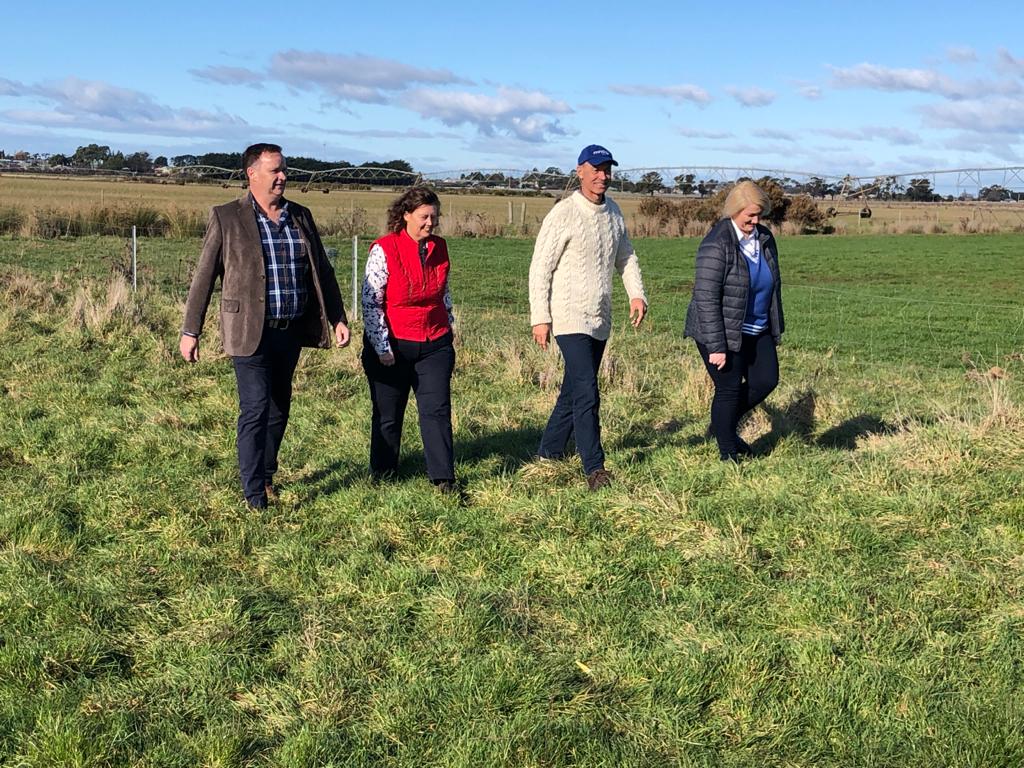
Highs And Lows
This undeniably impressive resume has come about through grit, determination, curiosity and – unpredictably – some serious mental health challenges. Skirving, more than anyone, understands and can advise on how best to navigate it all.
“To me there are two types of people in the world: those who are born leaders and act that way from the start; and those like me who don’t see themselves as leaders but are doing what they do because they want to contribute to the world,” Skirving says.
Skirving studied a Bachelor of Business and specialised in business management after spending a decade working across various roles with accounting firm Coopers and Lybrand, including secondments as CFO for major clients before taking on her first leadership role as group accountant for North Forest Products.
Grab Every Opportunity
At the same time she began dedicating what would become an ongoing part of her life to volunteering and community involvement, ultimately becoming state president and treasurer of Rural Youth Tasmania who run the multi-award-winning field days AgFest.
“I was often thrown opportunities I could have [turned down] that were outside my skill set – how many accountants do marketing?!’ she laughs. “I was thrown in the deep end but you learn as you go. If you’ve got enough supportive people around you you’ll learn how to do it.”
Life threw her a curveball however, when Skirving began suffering severe depression and anxiety. She ended up taking a few years out of the workforce, only re-entering in 2006 when she heard about a new part-time management role at (now) RBT that she applied for, and landed, grateful for the support of an understanding board.
“I was able to go into a part-time role and grow the business at my speed,” she says. “That was really important, it gave me comfort that even though I wasn’t 100% and performing at 100% I was able to grow with the business at a level I was able to manage. I’ve been very open about my story and mental health challenges because if we’re not, people don’t know .. I want to ensure we get the word out that it’s OK to have mental or physical health challenges but you can still achieve things. I think that’s important.”
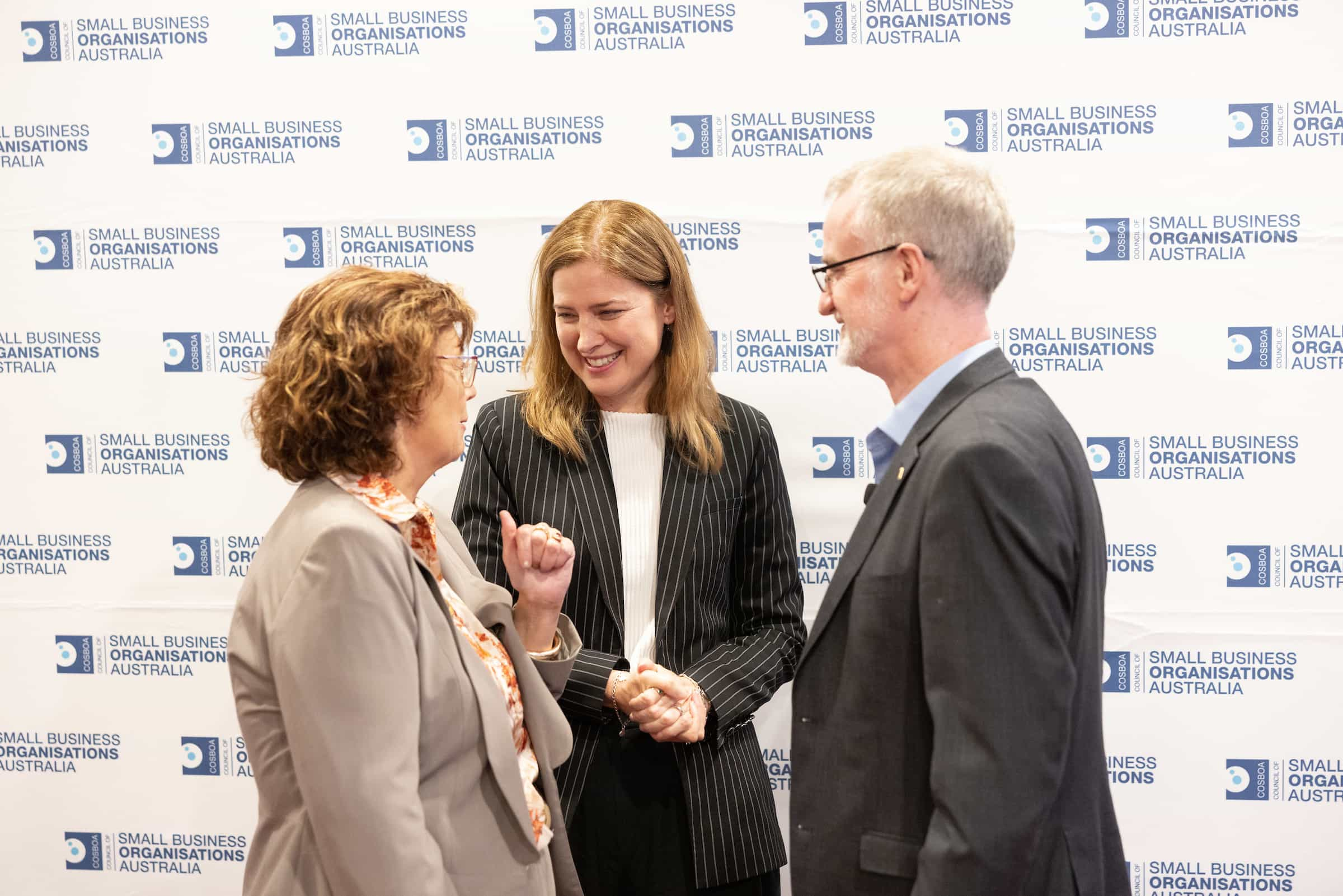

Supporting Others
Under Skirving’s leadership RBT has gone from three staff to 18 and from running and selling one program to eight, with a robust team that allows her to step away when needed to focus on advocacy and leadership in the local rural, regional and agricultural space through her work with COSBOA.
When asked about the landscape for female entrepreneurs working in rural and regional Australia today Skirving points out that, while many small businesses were able to make the best out of the dire situation that was the country’s natural disasters and later Covid, the post-Covid world and rising cost of living meant the ‘buy local/support local’ mantras that drove those businesses were losing their potency.
“The ‘go local’ campaigns really shone a spotlight and brought more money into the rural and regional economy, particularly in Tasmania. The challenge now is everything has opened up again so you forget about supporting local and instead do what’s easy and cheap,” she says, mentioning Regional Australia Institute who has set up a regional alliance in a bid to get Australians to re-consider rural and regional when shopping or travelling.

Advice For Small Business Owners
Don’t be a spectator: get involved, you never know what opportunities may arise by default.
Back yourself: one of the things I’ve learnt by lots of practice is not to try to please everybody, particularly when you’re starting your own business.
Keep stress in check: be kind to yourself. That’s something that’s taken me a long time to learn, that it’s OK to have time out and disconnect. That’s really important.
Don’t be afraid to speak up and ask for support. Find the champions who will champion you, that’s been really important for me. To have faith in myself is to see and hear the faith people have in me.
Don’t put yourself last: One of the challenges for female entrepreneurs is that mothering instinct where we put ourselves last. It’s about finding the balance.


